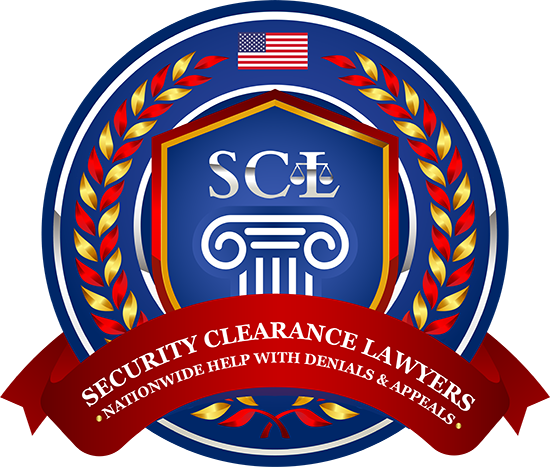The security clearance process can be complex and challenging, and it is not uncommon for individuals to encounter potential issues along the way. Addressing these issues effectively is crucial to maintain or obtain a security clearance. In this detailed guide, we will provide comprehensive guidance on how to respond to security clearance issues. Whether you are facing adverse information, investigative interviews, or disqualifying factors, understanding the steps to take and seeking the assistance of a security clearance lawyer can significantly impact the outcome of your case.
Adverse Information:
- Reviewing and Understanding the Allegations: When faced with adverse information, carefully review the allegations against you. Understand the nature of the concerns, the evidence supporting them, and the potential impact on your security clearance eligibility.
- Gathering Supporting Evidence: Identify and gather any evidence that can help refute or mitigate the adverse information. This may include documentation, witness statements, or other corroborating evidence that contradicts the allegations.
- Crafting a Persuasive Response: Work with a security clearance lawyer to develop a well-structured and persuasive response to address the adverse information. Present clear and concise arguments supported by evidence and provide explanations, clarifications, or mitigating factors where appropriate.
- Timely Response: Ensure that your response is submitted within the designated timeframe specified in the notification. Failing to respond within the given timeframe may result in adverse decisions.
Investigative Interviews:
- Preparation: If scheduled for an investigative interview, consult with a security clearance lawyer to understand the process, anticipate potential questions, and prepare your responses. Review your SF-86 or other relevant documents to refresh your memory on the information you provided.
- Honesty and Accuracy: During the interview, be truthful and provide accurate information. Inconsistencies or misleading statements can undermine your credibility and jeopardize your security clearance eligibility.
- Legal Representation: You have the right to have legal representation present during the investigative interview. Having a security clearance lawyer by your side can help ensure your rights are protected and provide guidance on how to answer questions effectively.
- Confidentiality and Non-Disclosure: Be mindful of your obligations regarding the confidentiality of classified information. Do not disclose any classified or sensitive information during the interview without proper authorization.
Mitigating Disqualifying Factors:
- Identify Mitigating Factors: If you have disqualifying factors, identify any mitigating factors that can help demonstrate your rehabilitation, growth, or changed circumstances. These may include factors such as remorse, rehabilitation efforts, counseling, or changes in lifestyle or behavior.
- Supporting Documentation: Gather supporting documentation to substantiate your claims of mitigating factors. This may include certificates of completion for counseling programs, letters of recommendation, or records of community service.
- Presenting a Strong Case: Work closely with a security clearance lawyer to present a strong case that highlights your efforts towards rehabilitation, growth, and the absence of any current or ongoing concerns.
- Legal Representation: Engaging a security clearance lawyer is highly recommended when dealing with disqualifying factors. They can help navigate the complexities of presenting mitigating factors and ensure the best possible outcome for your case.
Responding effectively to security clearance issues is crucial for individuals seeking to obtain or maintain their clearance. By understanding the process, seeking legal representation, and taking appropriate actions such as addressing adverse information, preparing for investigative interviews, and presenting mitigating factors, you can significantly improve your chances of a favorable outcome. Remember, consulting with a skilled security clearance lawyer who specializes in security clearance denials is essential to navigate the complexities of the process and build a strong defense tailored to your specific circumstances.














